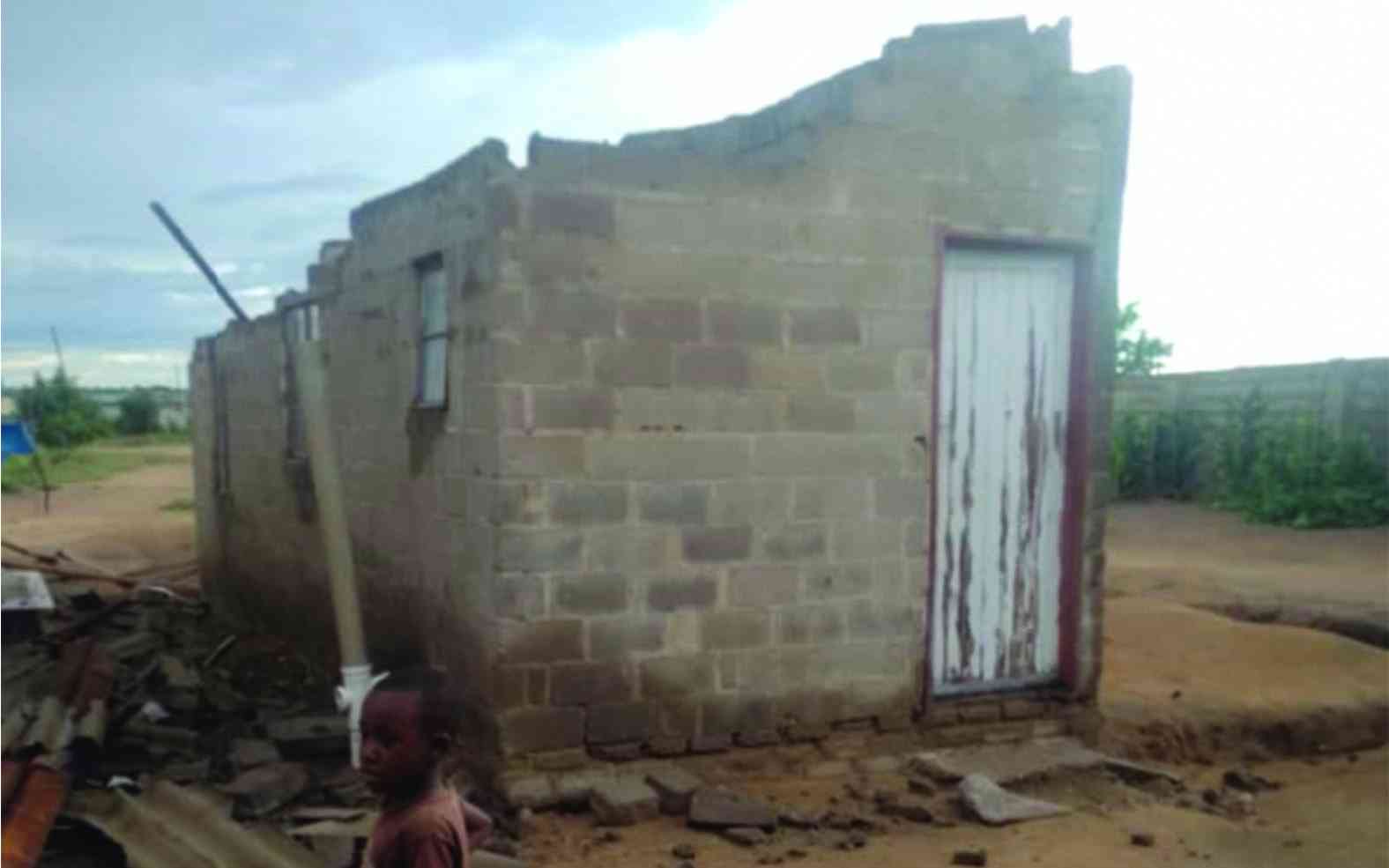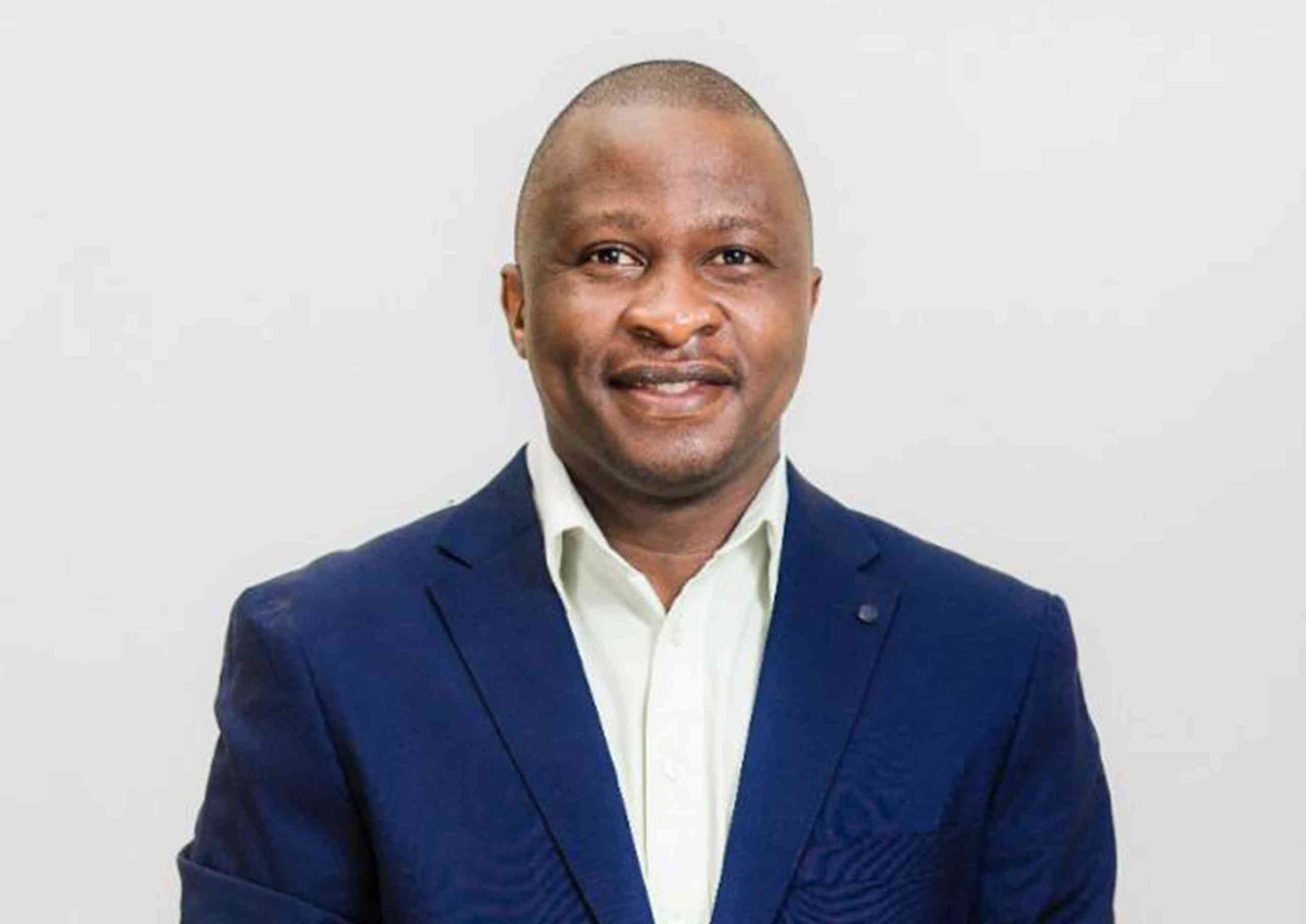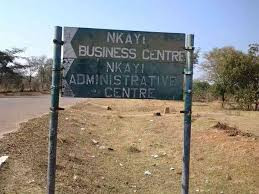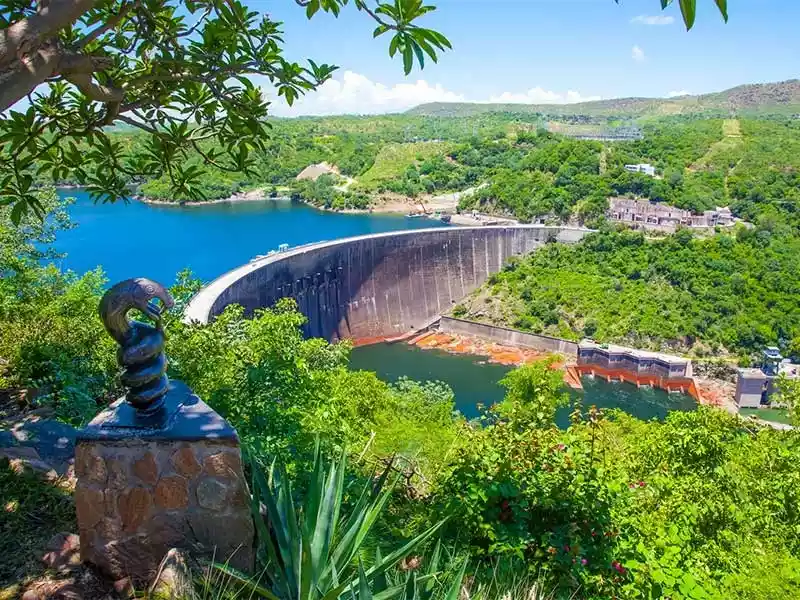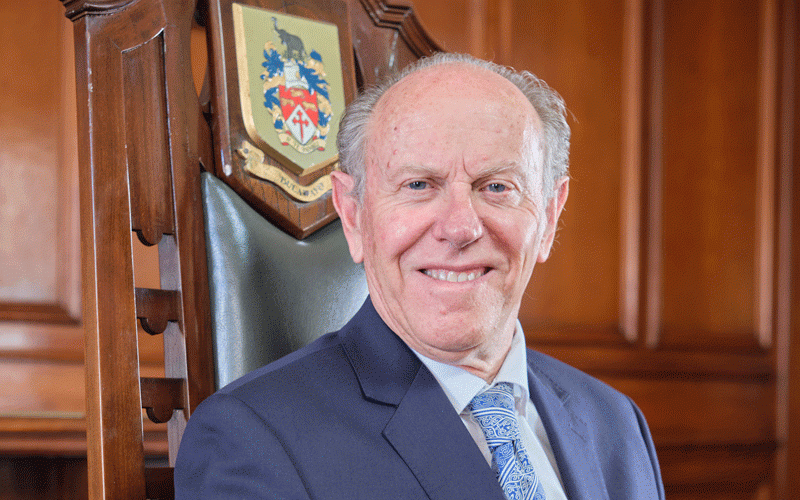
Bulawayo’s persistent water crisis is causing severe distress for residents, prompting opposition politicians to demand immediate intervention as the city’s growing population increases demand for the precious resource.
Freedom Alliance National chairman, Mqondisi Ndebele, complained that the situation is deteriorating daily.
“As we speak, residents are in long queues at boreholes dotted in high-density suburbs,” Ndebele said.
“When urban dwellers rely on collecting rainwater or untreated water from unprotected wells and boreholes, one should know that it is the worst failure in service delivery.”
He criticised the government’s repeated promises, arguing that marginalized areas like Bulawayo are consistently left behind.
“Bulawayo is not just left behind, but it has been siphoned of every opportunity for development and allowed to die naturally,” he said.
Ndebele highlighted the cascading effects of the water shortage on hygiene, sanitation, and the city’s overall economy.
“Without water in a city, we cannot talk of any hygiene and sanitation,” he said.
- Uproar over census figures
- Byo Arts Festival in turmoil…One year later, festival has yet to pay artists…Organisers play cat and mouse with artists
- Bulawayo struggles to clear housing backlog
- Council acts tough on debts
Keep Reading
“It is difficult now to blame the local authority or central government or both.
“But what is known is that Bulawayo residents once resisted Zimbabwe National Water Authority (Zinwa) takeover precisely to avoid some of these problems.”
He attributed the crisis to a “bankruptcy of leadership and lack of forward planning,” noting that 100,000 households currently have no running water.
Ndebele called for local control of resources and affordable basic services as a right, not a privilege.
Bulawayo mayor David Coltart recently outlined the city’s dire needs and proposed solutions at a recent Water Indaba.
He revealed that the Bulawayo City Council requires approximately US$14.5 million to address immediate infrastructure problems, including renewing water mains, rehabilitating pumps, and repairing frequent pipe bursts.
“Much of our infrastructure has outlived its lifespan,” Coltart said.
“This results in the loss of the very water we are striving to preserve, with non-revenue water currently standing at 46 percent.”
The mayor detailed a multi-tiered strategy which includes a US$14.5 million infrastructure overhaul as well as the privately sector-led construction of the Glass Block Bopoma Dam.
Experts have said the long term solution to the water crisis is the completion of the Gwayi-Shangani Dam by the central government.
Coltart also indicated plans to establish a 100% council-owned water utility to unlock funding and explore water recycling for industrial use, inspired by cities like Windhoek, Namibia.

